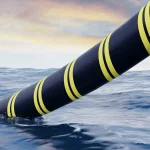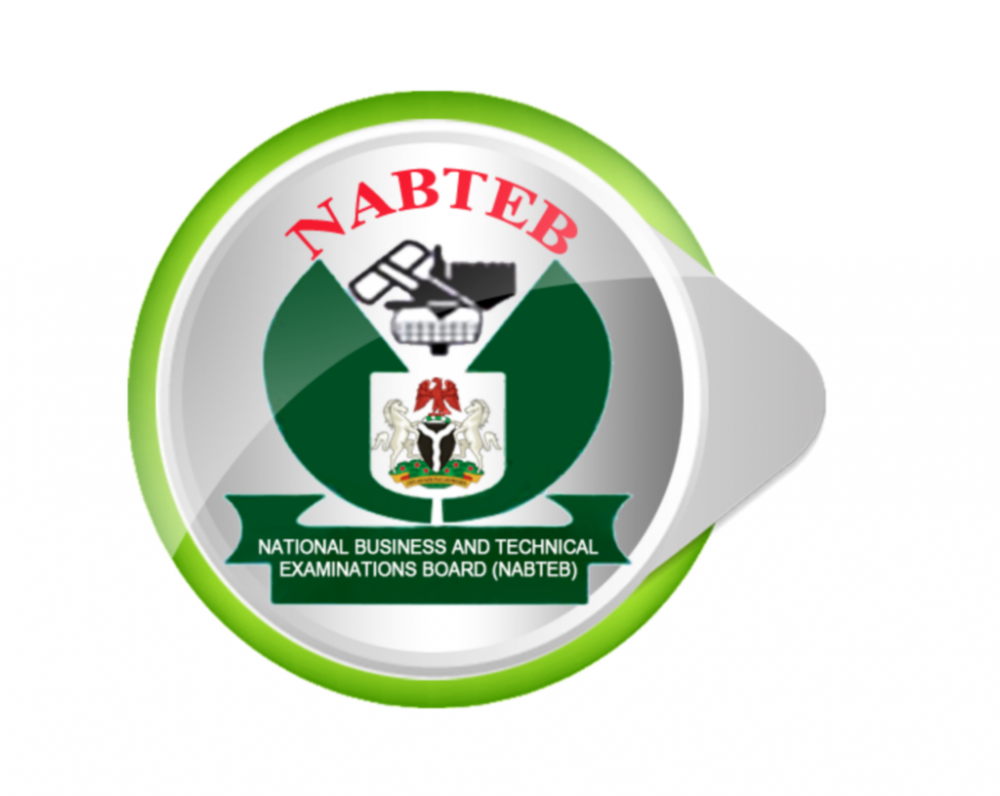Ebrahim Raisi Of Iran: Biography, Cause Of Death, Age, Family, Education, Net Worth, Controversies & More


On May 19, 2024, the World mourned the loss of Iranian President Ebrahim Raisi and other officials who died in a helicopter crash. This piece delves into the life, career, and untimely passing of the Iranian politician, tracing his journey from vibrant stages to the somber announcement.
Biography
Ebrahim Raisolsadati, commonly known as Ebrahim Raisi, was an Iranian politician who served as the eighth president of Iran from 2021 until he died in 2024.
He was born on December 14, 1960, in Mashhad, Iran. Raisi has had a long and distinguished career in the Iranian judiciary, serving as the Chief Justice of Iran from 2019 to 2021. Before his presidency, he was also the Custodian of the Imam Reza Shrine, a prominent religious and cultural site in Mashhad.
Raisi’s political career began in the 1980s when he served as a prosecutor in the Islamic Revolutionary Court. He later became the Attorney General of Iran and then the First Vice Chief Justice of Iran. In 2017, he ran for president but lost to Hassan Rouhani. However, in 2021, he won the presidential election and became the President of Iran.
READ: Tinubu Condoles With Iran Over President Raisi’s Death
Throughout his career, Raisi has been known for his conservative and hardline stance on political and social issues. He has been a vocal critic of the West and has taken a tough stance on human rights issues. Despite this, he has also been praised for his efforts to combat corruption and promote economic development in Iran.
Raisi’s presidency has been marked by significant challenges, including economic sanctions and the COVID-19 pandemic. However, he has also made efforts to improve relations with neighboring countries and has taken steps to address environmental and social issues in Iran.
Overall, Ebrahim Raisi is a significant figure in Iranian politics, known for his strong leadership and commitment to the principles of the Islamic Revolution.
Cause Of Death
On 19 May 2024, Raisi, Foreign Minister Hossein Amir-Abdollahian, and several other officials were killed when Raisi’s helicopter crashed near the village of Uzi in East Azerbaijan province.
Iran’s semi-official news agency, Mehr News, described them as having been “martyred in the crash.” Raisi is the second president of Iran to have died in office, following Mohammad-Ali Rajai, who died in a 1981 bombing.
Raisi’s death received mixed reactions among the public in Iran, with some mourning and others celebrating.
Age
Ebrahim Raisi was born on December 14, 1960, which makes him 63 years old as of May 2024.
Raisi’s age has not been a significant factor in his political career, as he has been active in politics for many years and has held various leadership positions.
Despite his age, Raisi is still considered a relatively young leader in Iranian politics, and his energy and enthusiasm have been noted by many observers.
READ: President Raisi’s Death: I Won’t Rule Anything Out Including MOSSAD – Fani-Kayode
Raisi’s age has also been seen as an advantage, as he has been able to connect with younger Iranians and has been able to bring a fresh perspective to the presidency.
Overall, Raisi’s age has not been a significant factor in his political career, and he continues to be an active and influential leader in Iranian politics.
Family
Ebrahim Raisi was born into a religious family in Mashhad, Iran. His father, Seyyed Haji Raisi, was a cleric and a respected figure in the community.
Raisi is married to Jamileh Alamolhoda, who is also from a religious family. The couple has two daughters together, and Raisi has been known to prioritize family and religious values throughout his life.
Raisi’s family has been supportive of his political career, and his wife has often been seen accompanying him to public events and ceremonies.
Raisi’s daughters are also involved in public life, with one of them working as a journalist and the other involved in charitable activities.
Overall, Raisi’s family has been an important part of his life and political career, and he has often emphasized the importance of family and religious values in his public statements.
Education
Ebrahim Raisi has a strong educational background in Islamic studies and law. He attended the Hawza of Qom, a prestigious religious seminary in Iran, where he studied Islamic jurisprudence and theology.
Raisi also holds a master’s degree in law from the Shahid Motahari University in Tehran. His academic background has served him well in his legal and political career.
Raisi passed his primary education in “Javadiyeh school”; and started studying in the Hawza (Islamic seminary). In 1975, he went to “Ayatollah Boroujerdi School” in order to continue his education in Qom Seminary. He has claimed to have received a doctorate degree in private law from Motahari University; however, this has been disputed.
Net Worth
The net worth of Ebrahim Raisi is estimated to be over $110 billion. His sources of wealth include:
– Properties: He owns around 30,000 square miles of property
– Private jets: He has more than five private jets
– Gold reserves: He has a gold reserve of around 10 billion dollars
– Luxury yachts: He owns more than eight luxury yachts
Raisi And His Controversies
Here are some of the controversies surrounding Ebrahim Raisi, Iran’s former president, and his relations with Israel and the U.S.
– Crackdown on political opposition: Raisi was known for enforcing brutal crackdowns on political opposition, including the mass execution of political prisoners in 1988.
– Holocaust denial: Raisi has made comments denying the Holocaust, which has been condemned by many, including Israel and key global Jewish organizations.
– Anti-Israel rhetoric: Raisi has described Israel as a “false regime” and made threats against major Israeli cities, including Tel Aviv and Haifa.
– Support for Hamas: Raisi has expressed support for Hamas, a militant group that has been on the frontline in championing the freedom of the Palestinians.
– Nuclear program: Raisi has pursued a nuclear program that has accelerated after President Donald Trump withdrew from the multilateral nuclear deal in 2018.
– Uranium enrichment: Raisi has continued to enrich uranium at near weapons-grade levels, which has been a source of concern for the U.S. and other countries.
– Tensions with the U.S.: Raisi’s presidency has been marked by increased tensions with the U.S., particularly over Iran’s nuclear program and its support for militant groups in the region.
– Tensions with Israel: Raisi’s presidency has also been marked by increased tensions with Israel, particularly over Iran’s support for Hamas and its threats against Israeli cities.










